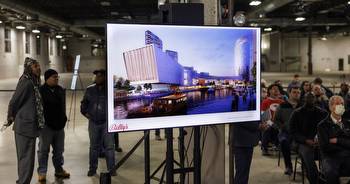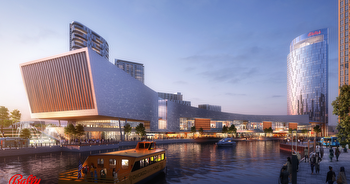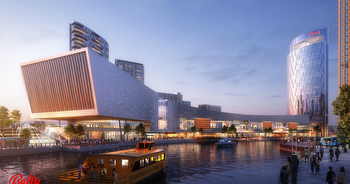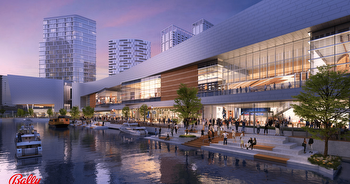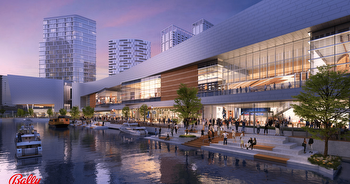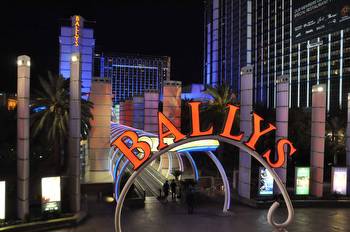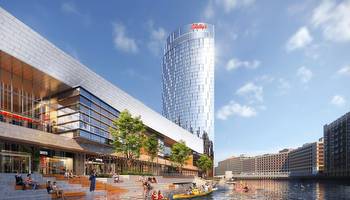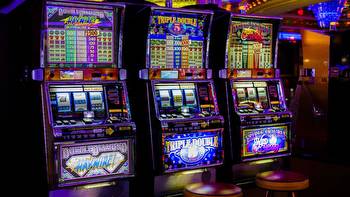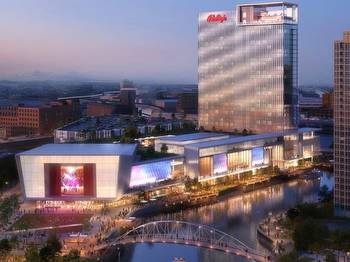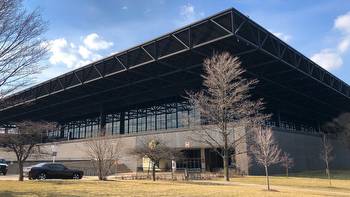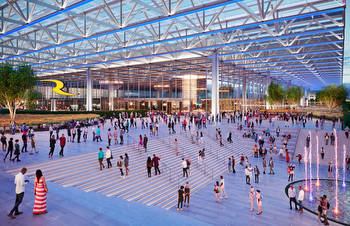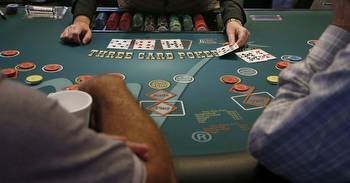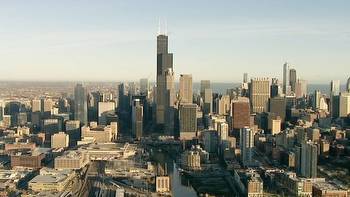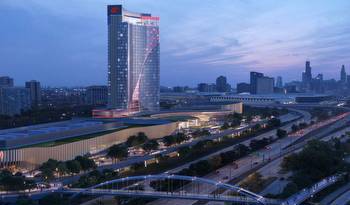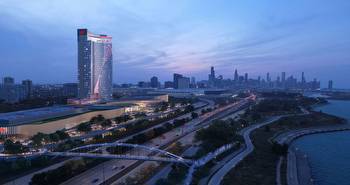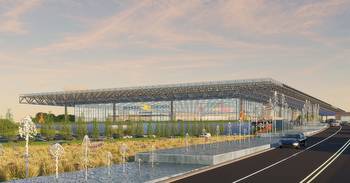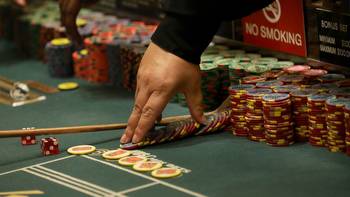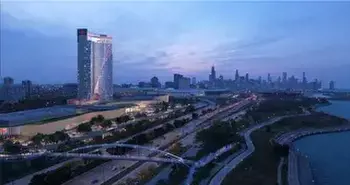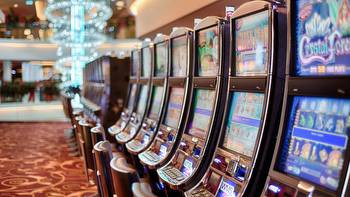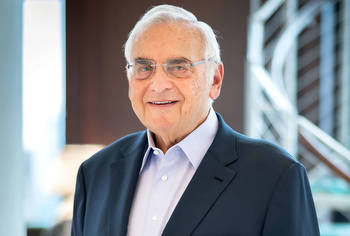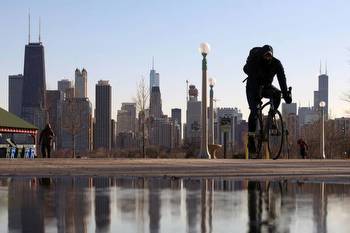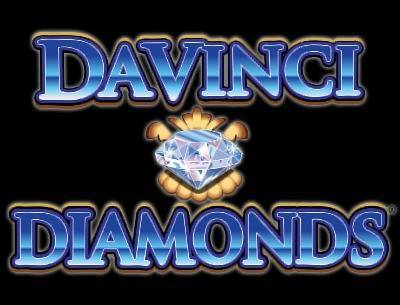WHAT OTHERS ARE SAYING: Get the Chicago casino placed right
As with other real estate, location is critical when it comes to a casino. It affects who comes, who loses money, who has a good time and how much the house, which soon will include Chicago, rakes in at the end of every day.
Location is not the whole dice game. The long-stalled Chicago casino project has the potential to be a drag on our beautiful city, especially if we end up with an ugly shed with slot machines, offering nothing but a cheap high for a desperate gambler who can ill afford to lose.
Such a place, however much money it might make, would extract too great a social price. We need an amenity-rich facility, with locally managed restaurants and retail, a nice hotel, stellar entertainment options and an upscale ambience that will be an asset to tourism and also attract a suburban and regional clientele with disposable income.
Still, location will help determine all of the above. And so will ownership.
So far, Chicago has received five bids for a casino, said to be worth between $160 million and $200 million to the city in revenue every year, money earmarked for the city’s underfunded public-safety pension commitments. Bids have come from Bally’s Corp. and Neil Bluhm’s Rush Street Gaming (two proposals each) and Hard Rock International.
On the face of it, all these operators appear qualified.
Bluhm is a Chicagoan who has run the state’s most successful casino in Des Plaines (and who hosted Barack Obama’s 49th birthday party and has given large sums to many Democratic political figures, including Mayor Lori Lightfoot). He’s no fly-by-night operator, and is one of the state’s richest men.
Bally’s not only is a famous name in casino gambling, as longtime Las Vegas devotees know, but its name goes back to the iconic pinball wizard Bally Manufacturing Corp., based in Chicago. Hard Rock has been building regional casinos both here and in Cincinnati, but its CEO, Jim Allen, told the website Casino.org the proposed Chicago property would befit an international city and represent an investment of “many billions” of dollars.
Which site works best? All of them are rightly in striking distance of downtown; two sites potentially fill in the mostly vacant corridor between the Loop and Bronzeville. Is that good news? That’s a complicated question, since a casino is not exactly condos, eateries and parks. If it comes with blank walls and an automobile orientation, it might end up being a cold barrier to such an integration. The devil will be in the architectural details, the infrastructure around the casino, and how much the operator does (or does not) agree to give back to the neighborhood.
All of these sites also come with drawbacks. Again, it all depends on what kind of casino is being built.
We’re impressed with the size of the proposed investments and the renderings, especially from Bally’s. But this is how we think the city should proceed.
The casino should not be foisted on a neighborhood that rejects its intrusion. It should not be seen as traditional neighborhood development, since it must be understood that it carries more negatives than positives to those who live close. The aim must be to attract the relatively affluent. Otherwise, the social costs would outweigh the benefits of the bump in city and state revenue. And in this of all cities, the bidders must commit to a world-class work of architecture, not some in-house hack.
Transparency will be crucial and the Lightfoot administration must be frank about who is offering what, including political contributions. Upfront frankness is always the best policy.
And there will need to be real conversations on how a casino will impact the city’s untenable crime problem. Proximate cash businesses offer up dangerous temptations, at least in the absence of careful attention. That has to be weighed against the provision of jobs, for sure, and the casino industry long ago cleaned up its act in reference to the mob. Nonetheless, public safety officials have to be part of this discussion. If a new casino increases gun violence, it’s not worth it. Period.
There are pleasant, successful casinos in this region, such as the Four Winds in New Buffalo, Michigan, and Bluhm’s Rivers in Des Plaines.
This is a big new gamble for a city already stressed to the brink. Though a casino would give City Hall’s cash-strapped coffers a major boost, it still has to be planned, built and run the right way. We all need to keep watch.








